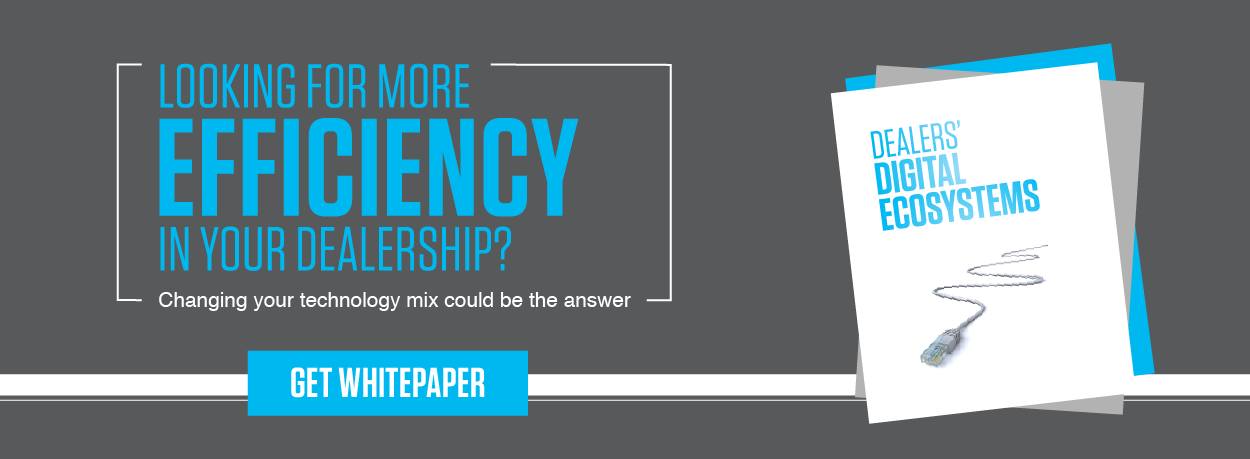Think for a moment about the interactions your dealership has with your customers. How many people really want to spend more time buying or servicing a vehicle? They want to get in, get out, and get on with their lives. But the unfortunate reality is that most customers dread the in-dealership experience. And it has more to do with the day-to-day operations of your business than you might think.
The Frustration of Buying a Car
In the minds of consumers, visiting a dealership isn’t far from a trip to the DMV. That’s because in-dealership inefficiencies lead to customer downtime and a prolonged sales and services process. And when customers have to wait, customers get annoyed. In fact, 41% of customers label the amount of time it takes to complete a purchase as the single most frustrating aspect of buying a car. That’s a higher level of frustration than dealing with salespeople, negotiating a deal, getting a good trade-in offer, or applying for financing.
As you might expect, customer satisfaction and the amount of time a customer spends in the dealership are closely correlated. According to an AutoTrader.com study, average customer satisfaction scores are highest when a customer spends less than an hour in the dealership. And those scores begin to fall off dramatically at the 90-minute mark, with scores dipping below the average at the 2.5-hour mark. The study also reported that every dealership analyzed failed to meet this 90-minute customer-cycle objective, regardless of the operational or sales tactics employed.
The Divide Between Dealers and Customers
Yes, it takes time to buy a car. But it’s obvious that there’s a real disconnect between dealers and customers about just how much time is considered acceptable. Most customers come to the dealership already having researched everything about their car of choice for weeks, even months. They want to show up long enough to sign a financing agreement, pick up their keys, and drive off the lot. In their minds, there shouldn’t be a difference between buying a car and walking into any other store to purchase a product. If inventory is available, they want to be able to buy the car and be on their way.
Dealers, on the other hand, understand that the process is more complicated. And yet, many of those complications can still be avoided. When dealerships use non-linear sales processes that involve multiple, potentially deal-breaking decision points and multiple technology systems (that don’t always play well together), tasks get duplicated, processing time increases, and customers wait.
A Wholesale Shift in Operations
To improve operational efficiency and improve the customer experience, dealerships need to think about people, processes, and technology as one and the same. In other words, every means available to the dealership should be used to bring about the singularly-important goal of providing a better customer experience.
Dealership and customer expectations will more closely unite when dealerships:
- Hire, train, and retain talent with the customer experience in mind.
- Review and improve technology and processes with the customer experience in mind.
- Inform and incentivize customers about new and improved operational capabilities and efficiencies built with the customer experience in mind.
This wholesale shift toward an improved customer experience can begin when the customer first begins researching vehicles. By moving part of the sales process online, including online trade-in tools, F&I education and offerings, and having qualified salespeople available via chat, more decisions can be made when the customer is most interested. This also cuts down on in-dealership wait time and improves transparency.
By streamlining processes, implementing technology that simplifies operations, and emphasizing a customer-centered culture (including fostering transparency and trust), dealerships can get closer to the ideal in-and-out car-shopping experience. And eventually, dealership by dealership, sales will increase and the negative perception of the car-buying process will begin to change in the minds of consumers.


